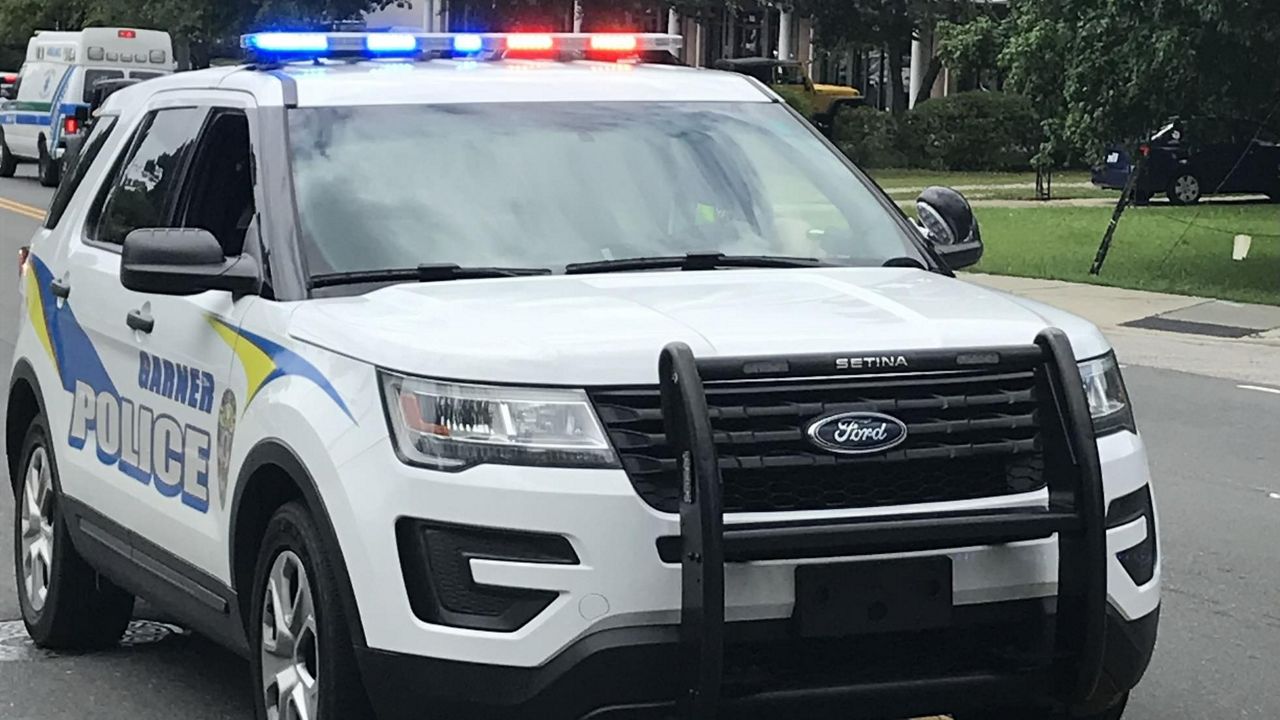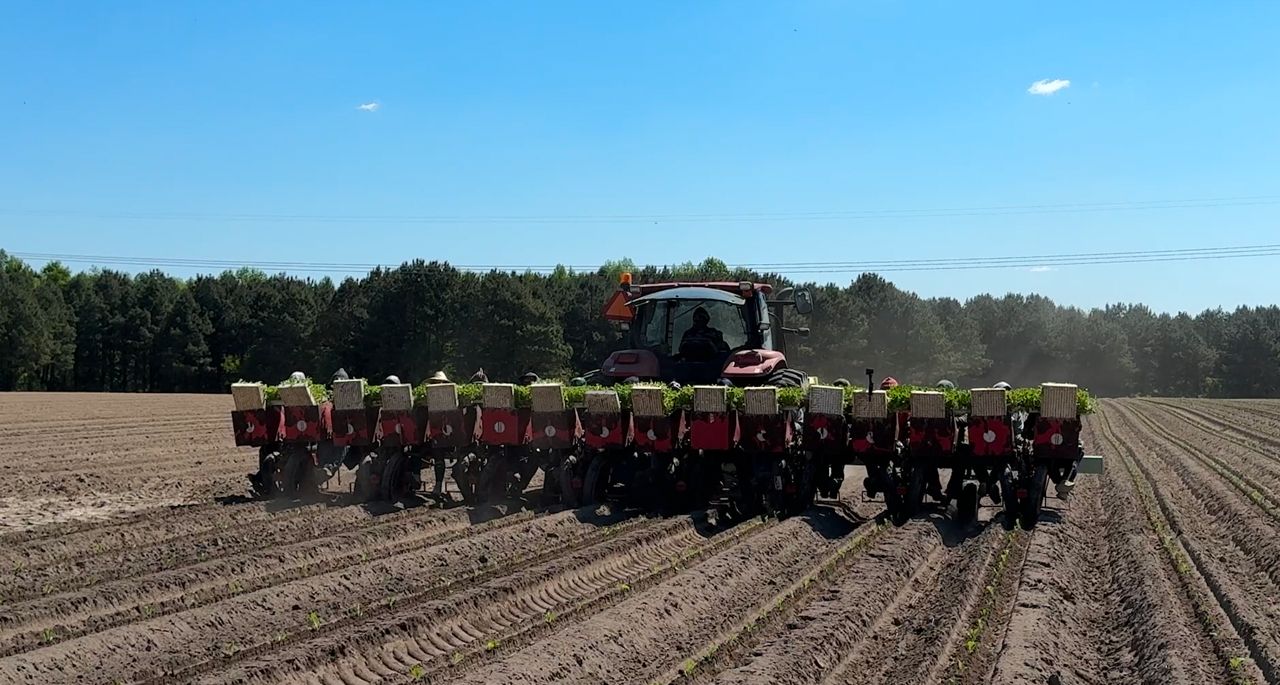ASHEVILLE, N.C. — Linda Pryor started her career in dentistry, but now she’s a farmer.
“Being able to make people feel comfortable, reassure them that you’re doing everything you can do to have a good product is the same as I was doing in dentistry,” Pryor said.
Hilltop Farm WNC focuses on apples, grain corn, hay and cattle.
This year, Pryor was one of only 10 farmers in the country chosen to be a part of the American Farm Bureau Federation’s Advocacy Leadership Class. It’s a chance for farmers to perfect their skills on how to advocate for the industry and communicate the issues they’re facing.
During their first session, they focused on farm labor.
“We really dove deep into the issues that go with that and the questions that other people have about why can’t we have domestic people? Why can’t we hire our neighbors to work?” Pryor said.
She said she was surprised to know how many issues farmers from other states shared.
“They have the same struggles that we have, and they were concerned about labor. One of their big concerns was about farmland loss and making sure that they have affordable land that they could farm. It was really neat to see that,” Pryor said. “They have the same struggles that we have, and they were concerned about labor. One of their big concerns was about farmland loss and making sure that they have affordable land that they could farm. It was really neat to see that,” Pryor said.
When it comes to labor, the U.S. Department of Agriculture says expenses are expected to increase by 7.4% this year. By 2040, North Carolina is predicted to see 1.2 million acres of farmland loss.
Pryor said climate change is also important.
“As a farmer, I want the cleanest water and greatest soil and air so that I'm able to grow good crops. I need the environment to be healthy so that I can grow good crops,” Pryor said.
She said it's not always understood how impactful farmers are.
“The fact that people are dependent on farmers for food is important, and it’s sometimes lost, missed,” Pryor said.
That’s why advocacy matters.
“I like to say I'm a professional volunteer advocate and I plan to continue doing that,” Pryor said. “I hope to use what I’ve learned to have a better understanding of how other people perceive farming and agriculture.
The Advocacy Leadership Class runs for the next two years. The farmers will take their next trip to Washington D.C., to share with lawmakers some of the struggles in the industry.










